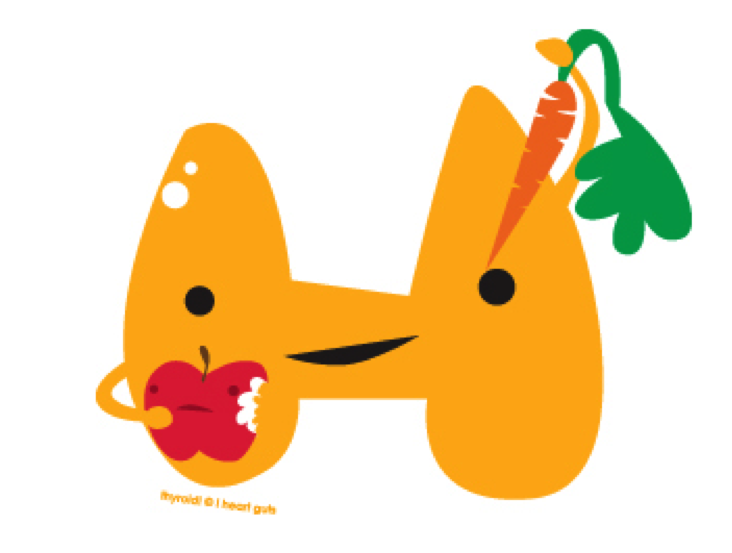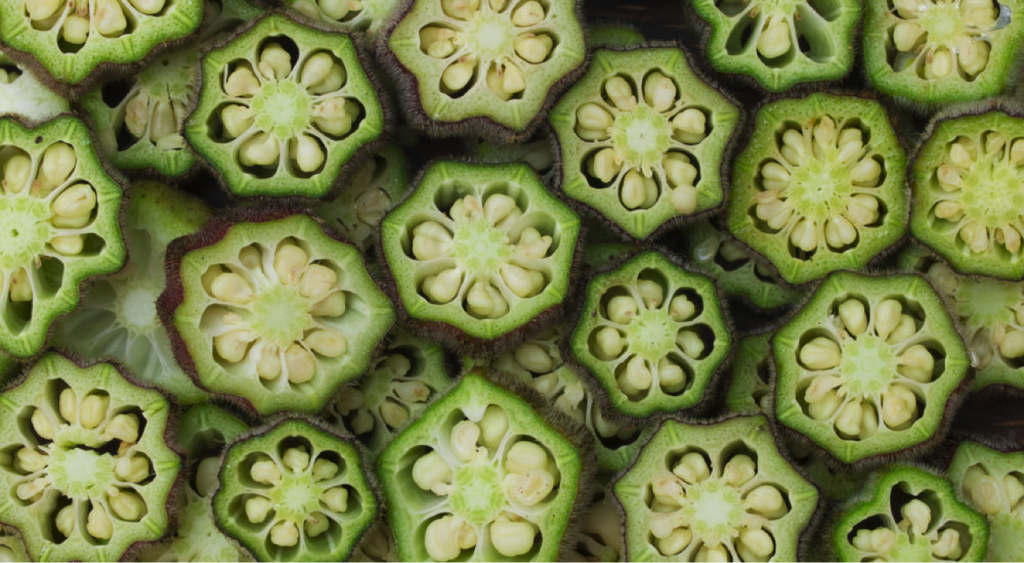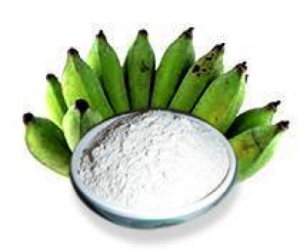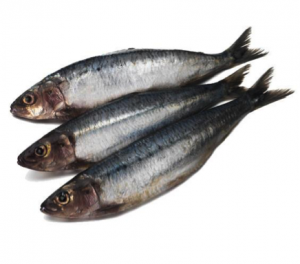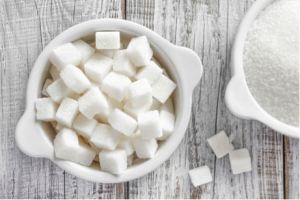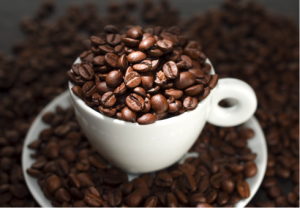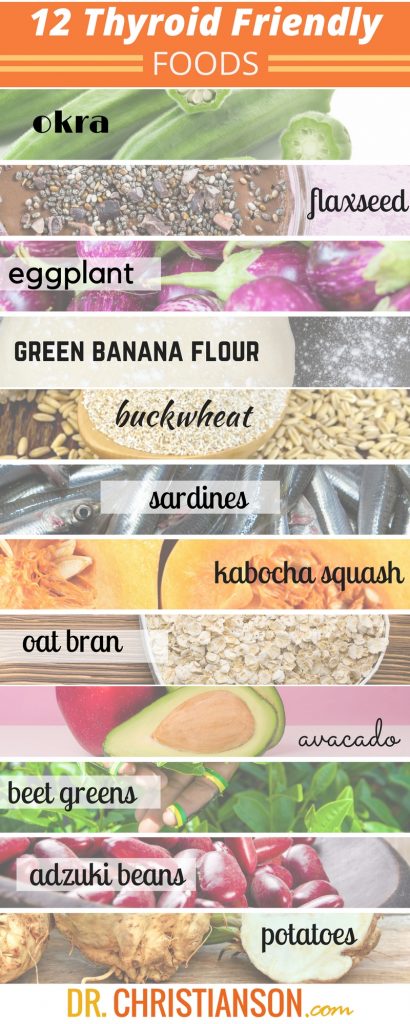Why Blood Sugar Matters
In trying to formulate a diet for hypothyroidism and diabetes, you need to make a lot of considerations. That starts with our blood sugar.
Our bodies are constantly dealing with swings in blood sugar, and blood sugar problems are not simply reserved for those dealing with conditions like diabetes. When we keep our blood sugar in check, we keep our body operating properly.
The blood in our system drives our bodies, and when our blood sugars are all out of whack we run the risk of those areas (like our brain, for instance) not working properly. In the past, I’ve shared some tips of my own to get the conversation started (Read: 3 Tips to stabilizing blood sugar). Today, we’re going to talk even more about eating with your blood sugar in mind.
First, let’s pay attention to what a “normal” blood sugar level looks like. This means that we also need to understand the difference between normal and optimal. Normal is where your blood sugar should be, and optimal is where you want your blood sugar to be.






